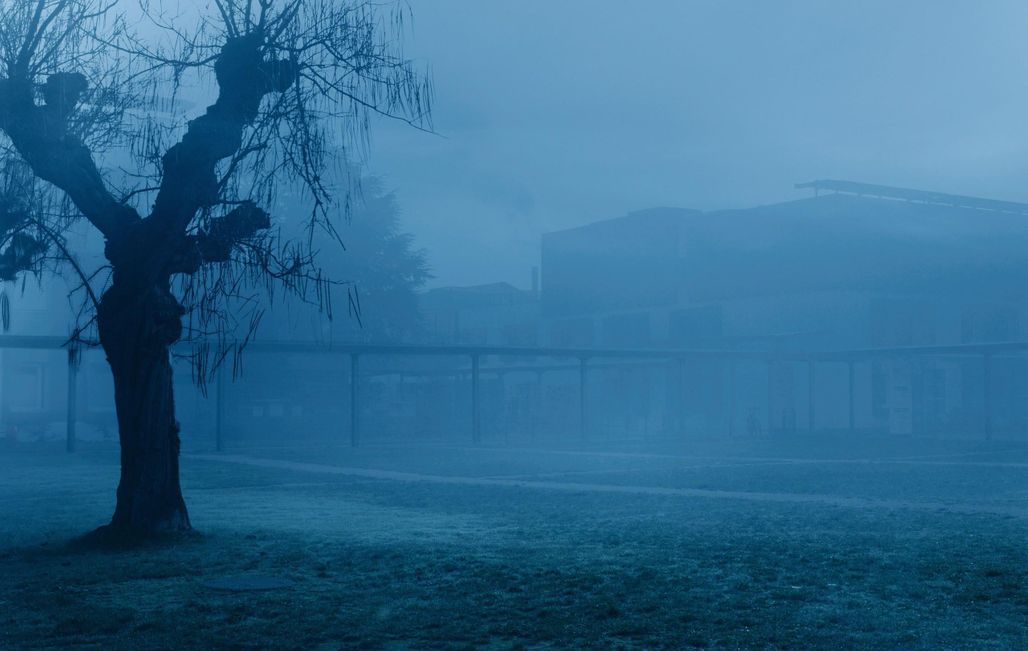
Raymond Depardon, a glimpse into the world of psychiatry

With 12 Jours (12 Days), Raymond Depardon marks a return to the two leitmotifs that run through all his previous films, from San Clemente (1982) to 10e chambre (10th District Court) in 2004: psychiatry and justice. The documentary maker examines the legal timeframe at the end of which a judge may commit hospital patients without their consent - or order their release...
Where did you get the idea for 12 Jours (12 Days)?
It came about when I met Judge Marion Primevert and a psychiatrist, Natalie Giloux, both of whom are involved in applying the French law that was adopted in 2013, under which psychiatrists are required to submit their decisions regarding enforced hospitalisations to the judge in charge of liberties [juge des libertés in France]. We were the first to film the arrival of a 'judge of liberties' in a psychiatric institution, giving a public platform to an experience that was once the sole preserve of psychiatrists.
How were you received at the Le Vinatier hospital near Lyon?
The hospital understood and was encouraging of our intent. The establishment was one of the forerunners in applying this 2013 law, they were the first to set up a courtroom in their hospital. I loved filming the morning mist and weak winter sun that's so prevalent here in my home region, capturing the light I remember from childhood.
The film gives viewers access to a very private setting, ordinarily closed off to film crews. What did you do to make sure you disappeared into the background?
We always work in very small teams. Externally, Claudine Nougaret took care of meeting with patients and explaining our approach before their trials. We set up three cameras in the courtroom: one for the patient, one for the judge and one filming the room as a whole. These different points of view helped us maintain a balance between the patient and the judge, rather than imposing a point of view, allowing viewers to draw their own conclusions. This was my first time filming in 4K digital resolution, with the idea being to get an autonomous experience.
Breathing space in the documentary happens outside the hospital…
That's right. Between the fragments of film shot during the trials, we created breaks in time with shots of the hospital inside the different wards and outside, with patients free to wander between buildings. I wanted these vignettes to be mellow and highly defined, and they work wonderfully with the incredibly inspired score by Alexandre Desplat.
How do you think psychiatry is changing, considering you already tackled the topic in San Clemente, back in the early 1980s?
The fact that judges are now involved in the process is something to be applauded, it sheds light on to the practice of psychiatry. 12 Jours (12 Days) attempts to provide a fresh, comprehensive vision of the complexities inherent to mental health. We learnt so much whilst filming this documentary that gives a voice to voiceless people momentarily imprisoned in their own minds. These vulnerable individuals share their own private stories, but in their own way, they also tell the political, social and ethnical story of an entire nation. Contrary to what some may think, we don't have a fascination for institutions in particular. What drives us is curiosity, our strength resides in our innocence. We simply tried to listen, keeping an open mind and sharing moments, voices and emotions.


